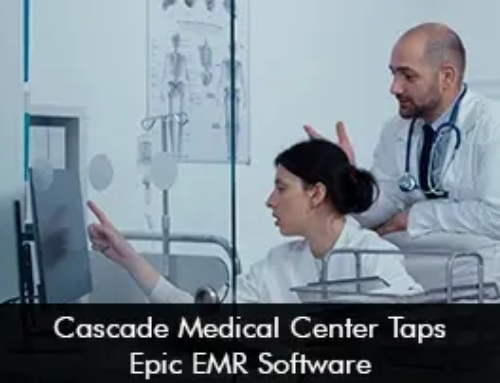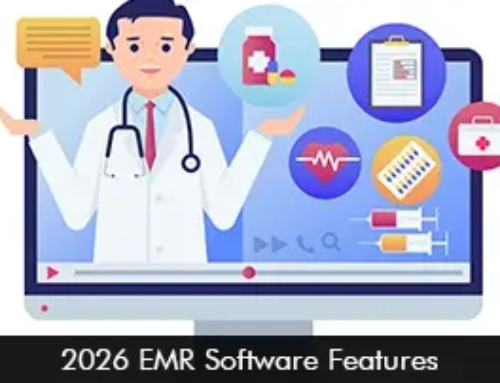Healthcare organizations realize the importance of interoperable systems as they allow them for seamless data exchange. As the digital healthcare arena is transforming, hospitals in the US are investing in Electronic Medical Records (EMR) software solutions to enhance interoperability.
Mississippi practice implements eClinicalWorks EHR system
Mississippi family medicine practice transitioned to eClinicalWorks cloud-based EMR software to boost workflow efficiency and productivity. The robust cloud technology of the platform will enable clinicians to have access to real-time data to support their clinical decision-making process. The electronic health solution will also enable Mississippi family practice to offer value-based care.
The cloud-based EMR software implementation will help the medical practice to improve its security and make it simple to meet government compliance requirements. The cloud technology offered by eClinicalWorks EHR software will provide more flexibility and mobility keeping all providers on the same page about patients’ health conditions.
Healthcare system deploys MEDITECH EMR for interoperability
St-Bernards healthcare system has implemented MEDITECH Expanse EHR Software across its four-hospital network. Having a centralized patient record the organization has saved time and enhanced efficiency levels. The integrated software solution enabled the critical care team at St-Bernards to smoothly share data across care settings and support care coordination to offer high-quality care.
How to achieve interoperability in healthcare?
The transition to value-based care and increasing regulations are the main drivers of interoperability in healthcare. To achieve interoperability it is necessary to optimize electronic health information exchange services and leverage new technologies such as AI and machine learning.
The power of Artificial Intelligence can help healthcare organizations use a single integrator that can work across different systems to integrate data and drive an interoperable environment. True interoperability can help improve the patient experience, drive healthcare efficiency, and reduce the cost of care. Many software vendors are working to provide hospitals with interoperable solutions to support data exchange and enable physicians to reduce any gaps in care.








